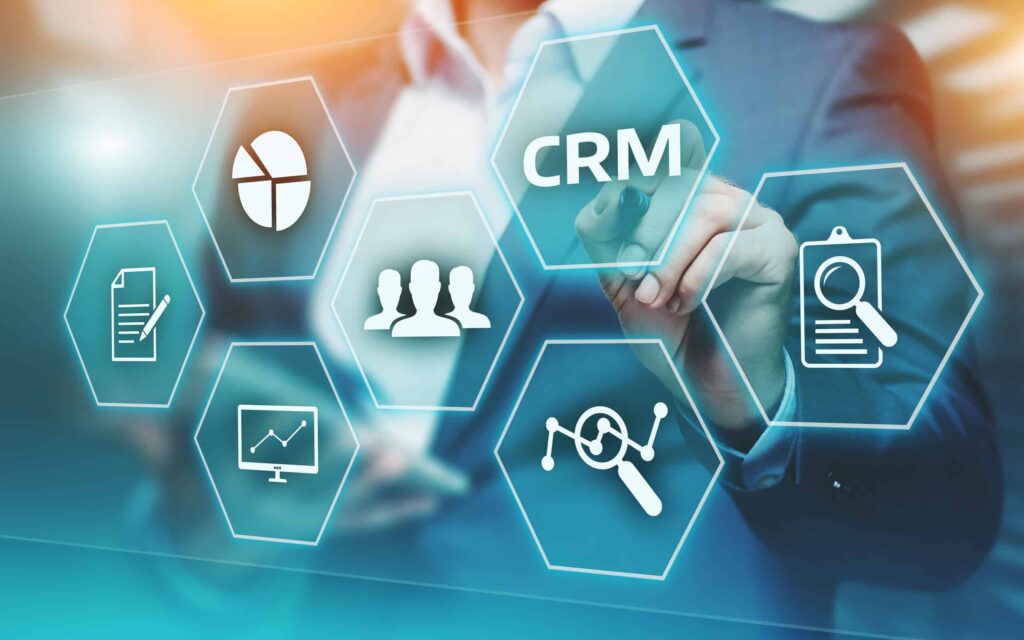Unlocking Success: The Essential Guide to Effective Client Relationship Management

In today’s competitive business landscape, success is not just about having the best product or service; it’s about building and nurturing lasting relationships with clients. Effective Client Relationship Management (CRM) is a vital component of any successful business strategy. It goes beyond simple customer service and sales tactics, incorporating a holistic approach that fosters loyalty, satisfaction, and mutual growth. This article will explore the key elements of successful client relationship management and offer actionable insights to enhance your client interactions.
Understanding Client Relationship Management
Client Relationship Management is a strategic approach that focuses on managing a company’s interactions with current and potential clients. It encompasses various practices, strategies, and technologies aimed at analyzing customer interactions and data throughout the client lifecycle. The goal is to improve business relationships, streamline processes, and ultimately enhance client satisfaction and retention.
The Importance of Effective CRM
-
Customer Loyalty: A strong relationship with clients fosters loyalty. When clients feel valued and understood, they are more likely to return and recommend your services to others.
-
Enhanced Communication: Effective CRM facilitates open lines of communication. By understanding clients’ needs, businesses can tailor their messages and offerings, leading to more meaningful interactions.
-
Informed Decision-Making: With the right data and analytics in place, businesses can make informed decisions that align with client expectations, improving overall service delivery.
-
Increased Revenue: Happy clients are more likely to spend more and refer others. Effective CRM helps in identifying upsell and cross-sell opportunities.
- Competitive Advantage: In a saturated market, having a reputation for excellent client relationships can set a business apart from its competitors.
Key Elements of Effective Client Relationship Management
1. Understanding Your Clients
The foundation of effective CRM is a deep understanding of your clients. This involves:
-
Client Segmentation: Categorize clients based on various factors such as purchasing behavior, preferences, and demographics. This allows for more personalized interactions.
- Client Feedback: Regularly solicit feedback through surveys, interviews, and direct communication. This helps you understand their needs and areas for improvement.
2. Implementing the Right CRM Tools
Choosing the right CRM software is crucial. It should be user-friendly, scalable, and capable of integrating with existing systems. Popular CRM tools like Salesforce, HubSpot, and Zoho offer various features such as:
- Data Management: Store and manage client information efficiently.
- Automation: Automate repetitive tasks like follow-up emails and scheduling.
- Analytics: Track client behavior and engagement metrics to inform your strategies.
3. Fostering Strong Communication
Effective communication is at the heart of CRM. This includes:
-
Personalization: Tailor your communications to reflect the individual preferences and histories of clients. Use their names, reference past interactions, and offer personalized solutions.
-
Multi-Channel Engagement: Engage clients through various channels such as email, social media, phone, and face-to-face meetings. Ensure consistency across all platforms.
- Active Listening: Encourage open dialogue and show genuine interest in clients’ concerns and suggestions. Active listening helps in building trust.
4. Building Trust and Loyalty
Trust is a cornerstone of any successful client relationship. You can build trust by:
-
Delivering on Promises: Always meet deadlines and commitments. If challenges arise, communicate proactively with clients about how you plan to address them.
-
Transparency: Be open about pricing, processes, and potential issues. Clients appreciate honesty and are more likely to stay loyal to a transparent business.
- Exceeding Expectations: Go the extra mile to delight clients. Small gestures, such as thank-you notes or unexpected discounts, can leave a lasting impression.
5. Continuous Improvement
CRM is an ongoing process that requires regular evaluation and adjustment. To ensure your CRM strategy remains effective:
-
Monitor KPIs: Track key performance indicators such as client retention rates, customer satisfaction scores, and referral rates.
-
Adapt to Change: Be willing to adapt your strategies based on client feedback and market trends. Regularly revisit your CRM practices to identify areas for improvement.
- Invest in Training: Ensure that your team is well-trained in CRM practices and tools. Continuous learning fosters a culture of excellence in client management.
Conclusion
Effective Client Relationship Management is a dynamic process that requires dedication, empathy, and strategic thinking. By understanding your clients, leveraging the right tools, fostering strong communication, building trust, and committing to continuous improvement, you can unlock the door to lasting success. In the end, it’s about creating relationships that not only benefit your business but also enhance the client experience, leading to a win-win situation for both parties. Embrace CRM as a critical component of your business strategy, and watch as your client relationships flourish.
